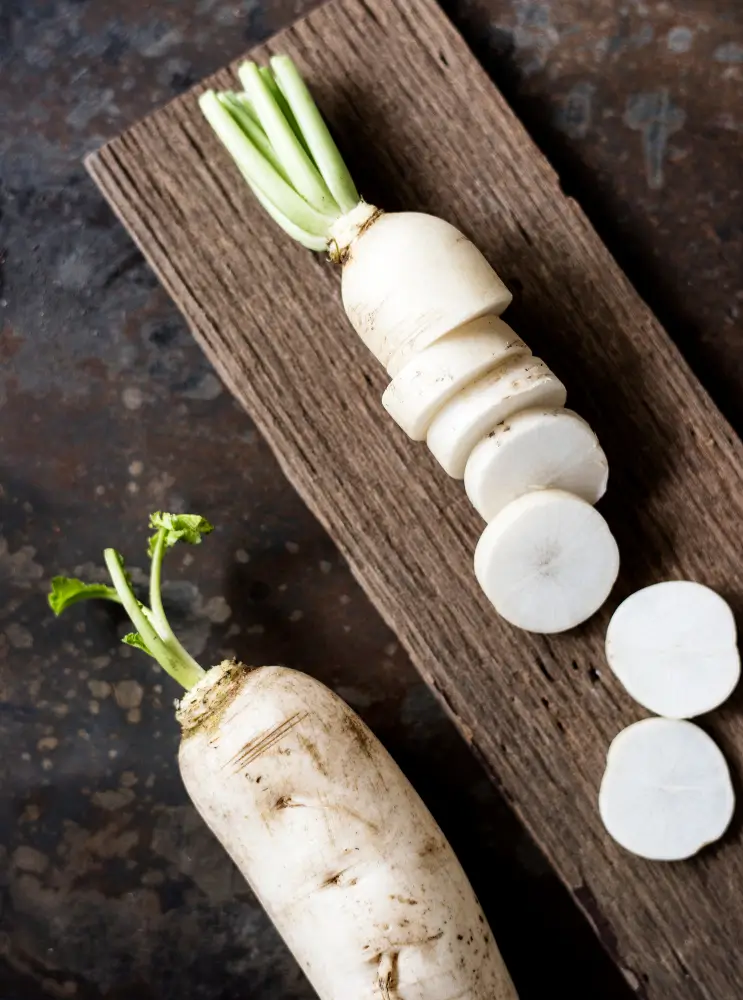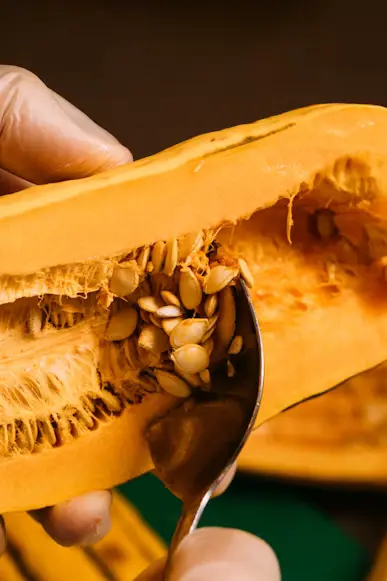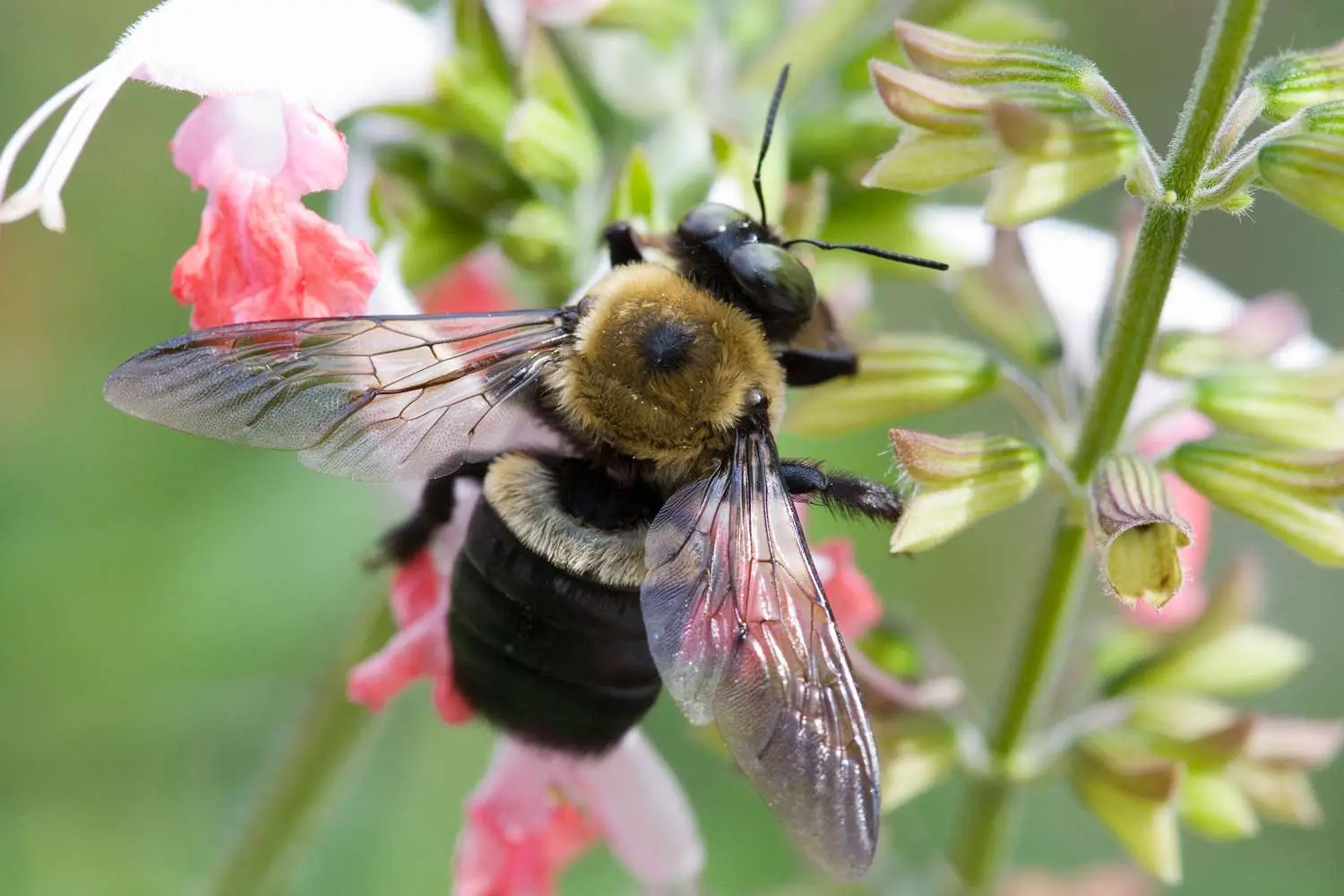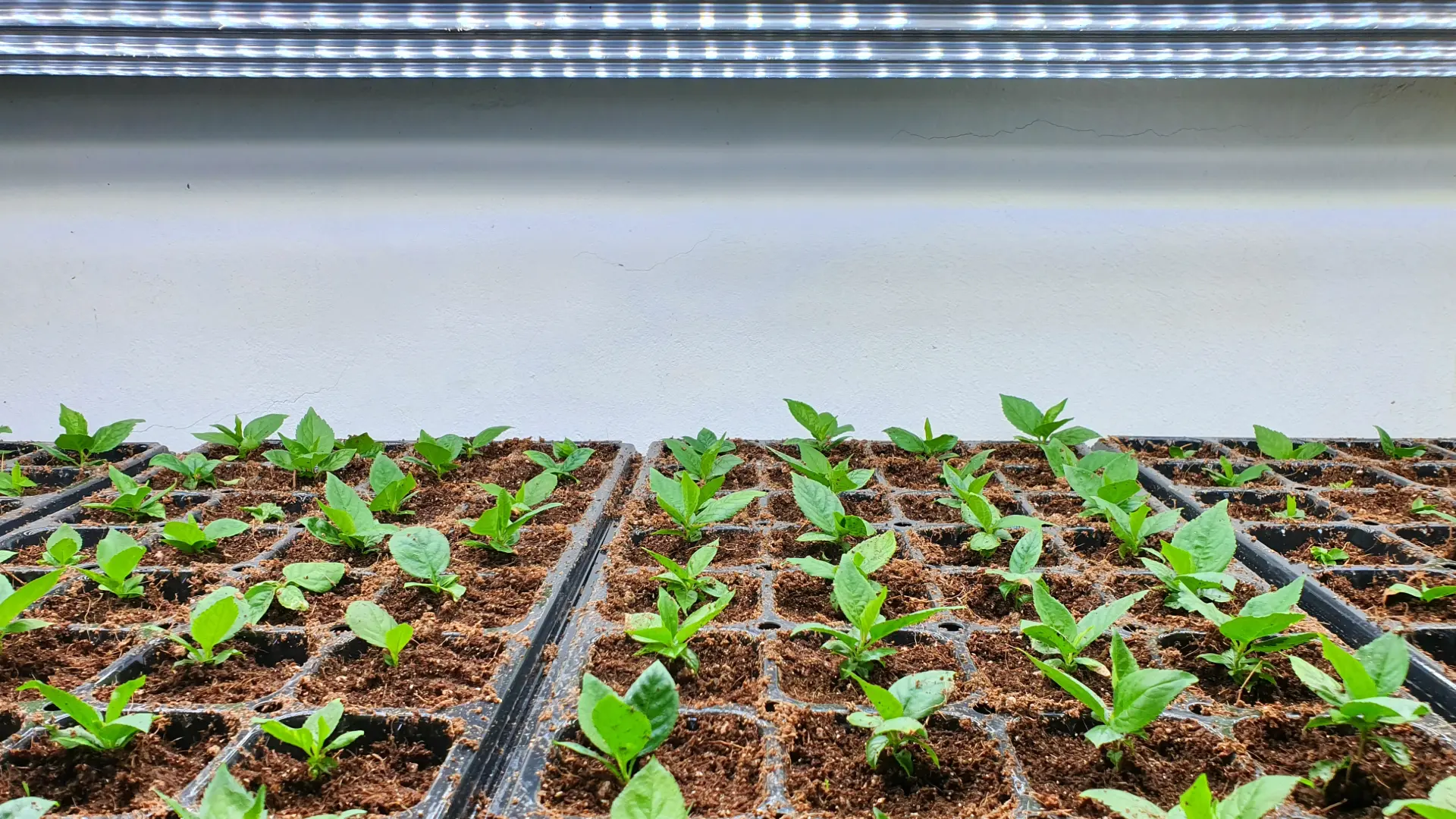
Patios, Walkways & Driveways
The African eggplant (also known as garden egg, or Solanum aethiopicum) is a beautiful and nutritious plant that does very well in hot tropical places like parts of Africa and Asia. It bears small, round fruit that is red or orange when ripe but can also
Published on September 09, 2025

Daikon Radish
Daikon radish is a large white root vegetable used in a lot of Asian dishes. It has a subtle flavor; it is somewhat sweet and slightly peppery. This is one of the veggies that tastes sweet and crispy, juicy, and refreshing raw or cooked.

Dandelion Mammoth
The Dandelion Mammoth is the larger and stronger version of the common dandelion. It is liked by gardeners, herbalists, and farmers. The plant is loved by people because of its size and useful qualities. It is a perennial herb that would do well in most c

Dandelion
The dandelion, this cheerful yellow-flowered common wild plant, adorns hundreds of landscapes. It grows in lawns, fields, meadows, and even cracks of sidewalks; for it is extremely adaptable towards where it can grow.

Delicata Squash
Delicata squash is a favorite winter squash variety widely beloved for its delicate, rich flavor and thin-skinned properties. This squash will give a rich,creamy-like texture and its bright skin with stripes makes it very desirable for many culinary uses.
The African eggplant (Solanum aethiopicum) has historical roots. It is a relative of the garden egg, tomato, and pepper. Africans eat it a lot and also sell it in the market.
It’s called a “garden egg” by some people — because it resembles a mini egg. There are many kinds. Some are long, others are round; you can find them in almost every color.
It is a tough plant and grows well with or without lots of water. It grows quickly and does well in gardens and small farms.
In many parts of Africa, the garden egg is more than food. It’s traded as a gesture of welcome and friendship. It is frequently served at celebrations or given as a gift. It’s cooked in soups and stews, or eaten raw, in Nigeria, Ghana, and elsewhere. It has cultural and nutritional significance at the same time.
Smaller and firmer, the African eggplant comes in various shapes and sizes. It differs from the more familiar, large-fruited eggplant (Solanum melongena) commonly found in Western supermarkets. It is also less bitter and has firmer skin. Whilst Western eggplants are predominantly produced for the market, African ones are frequently grown in home gardens and used locally, so that they remain important within traditional mixed farming systems.
African eggplants have many useful traits that make them a great addition to home gardens and small farms. They grow quickly, are heat-tolerant, and produce a good yield of colorful fruits.
This is a tough, low-maintenance plant that adapts well to various environments, making it perfect for home growers.
The African eggplant is utilized for both culinary purposes, medicinal means, and agricultural usage around the different regions. It is found in the menus of local cuisines, and it has been boiled, stewed or fried to be a side dish or part of hot meals. So, it has been widely used in traditional medicine as well; the fruit and leaves are also managed by traditional healers to treat ailments like high blood pressure, inflammation, and digestive issues.
This plant loves hot weather and full sun with basic soil care steps. For the best performance, this plant should be placed in full sun and will grow well in many soil types but performs better if some organic matter or compost is added to the planting site. African eggplant is adapted to areas with prolonged vegetative growth and warm temperatures, hence it fits in tropical and subtropical climates.
African eggplant is naturally hardy and resists many common pests and diseases. Its robust nature makes it a reliable crop in challenging environments, especially in areas with limited access to pesticides. While generally resilient, regular monitoring and basic preventive care can help manage occasional issues like aphids or mildew.
With the right prep, African eggplant seeds grow fast and strong.
The seeds are easy to store, handle, and sow.
African eggplant seeds sprout quickly in the right conditions.
Proper storage keeps seeds strong and usable for years.
Good storage is key to preserving seed quality for future use.
These seeds can be started indoors or directly sown into the garden once the temperatures get warm. Starting seeds indoors also makes it feasible to have a harvest earlier in the season and ensures better control of seedlings. Direct sowing is also effective in warm climates, especially when soil temperatures remain consistently above 68°F.
African eggplant is relatively hardy though it will require more care in humid or pest prone environments. It is relatively free of major pests, but occasional outbreaks of aphids and disease can still happen. Early look into the situation and timely intervention maintains health and productivity.
Common Problems:
Prevention Tips:
African eggplant is fun and easy to grow. The plants emerge readily in warm soil. The plants grow large and robust. Look for bright fruits — red, orange, white, or green, depending on the variety — in about 3 to 4 months.
Fruits are ready to pick when they have full color. The fruit is edible raw or cooked. The leaves are also eaten in some places as a vegetable.
African eggplant is a sturdy, quickly-growing plant with multiple uses. It is indifferent to heat and poor soil. The candies are colorful, delicious, and nutritious. You can breed them for eating, as part of a tradition, or merely to have some fun with African eggplant seeds, which are a smart pick.
Seeds will germinate in 7-14 days, provided the soil is warm and moist.
Yes! Get something with holes for drainage. Give it a sunny spot and lots of water.
Pick when the fruit is well colored and firm.
You can soak them for 8–12 hours to help expedite the sprouting process, but this is not necessary.

Patios, Walkways & Driveways

Pest Identification & Prevention

Soil Health & Fertilization

Lighting & Technique

Construction Tips & Techniques

Maintenance & Equipment Tips

Soil Health & Fertilization

Organic Gardening